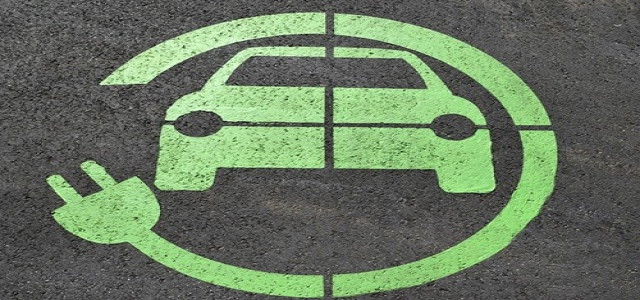
South Korean electronics conglomerate, Samsung, and the steel-making company, Posco, have reportedly announced their plans to establish manufacturing lines for solid-state batteries, an emerging technology for producing fireproof and energy-dense lithium-ion batteries that can extend the range of electric vehicles.
Samsung SDI, the battery division of Korea's largest multinational corporation in terms of assets, announced that it has started building a 6,500-square-meter prototype assembly plant in Suwon, Gyeonggi Province, to manufacture solid-state batteries for electric vehicles. However, the corporation did not specify when the construction will be finished.
Samsung SDI will set up plants and a system to make solid electrolytes as well as metal cathodes as part of the proposed plan.
Samsung SDI plans to use the new facility to implement innovative production methods and infrastructure, such as constructing battery cells in a manner that enables ions to flow freely during charging.
Choi Yoon-ho, CEO of Samsung SDI, stated that through 'super-gap' technological competitiveness, qualitative growth, and outstanding quality that prioritizes profitability, the latest S-line will be the major steppingstone for Samsung SDI to achieve the mantle of the true #1 company.
Meanwhile, Posco Group also announced the launch of its latest solid-state battery facility in Yangsan, South Gyeongsang Province, on the very same day.
According to Posco, the new plant will begin producing 24 metric tons of solid electrolytes per year starting the last two quarters of 2022, considering that the overall solid-state battery industry expected to mature by 2030.
The latest site will be partially funded by Posco Holdings, the steelmaker's holding company that was split out earlier this month.
According to the steelmaker, Posco Holdings committed ₩25.8 billion ($20.8 million) in February to establish a joint venture for the plant with domestic component producer Jeong Kwan.
Posco plans to produce 680,000 tons of cathodes and anodes combined yearly starting in 2030.
Source credit: http://www.koreaherald.com/view.php?ud=20220314000726




